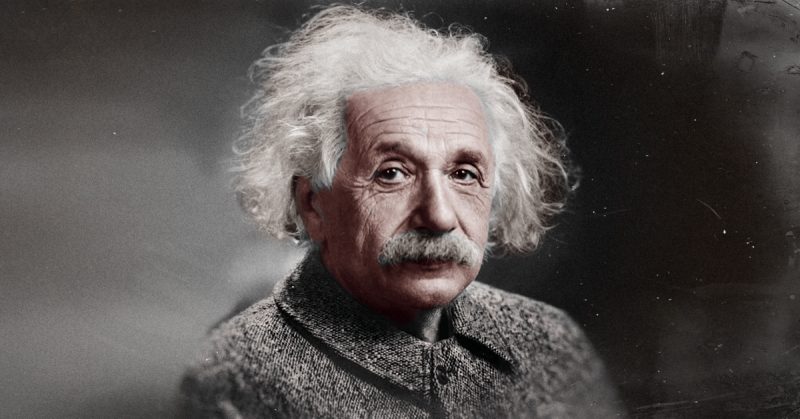Nobel Laureate Albert Einstein, though best known for his genius and the theory of relativity, was also an outspoken political activist throughout his life.
He used his fame and influence to back causes he truly believed in, denouncing Nazism in Germany, campaigning for the State of Israel, and criticizing racism in the United States.
Towards the end of his life, he was even offered the chance to become the second president of Israel but respectfully declined. The first president of Israel, Chaim Weizmann, stated that Einstein was “the greatest Jew alive” and wished him to be his successor. However Einsten, who was 73 at the time, and not even an Israeli citizen, cited old age, inexperience, and insufficient people skills as reasons why he wouldn’t be the proper choice.
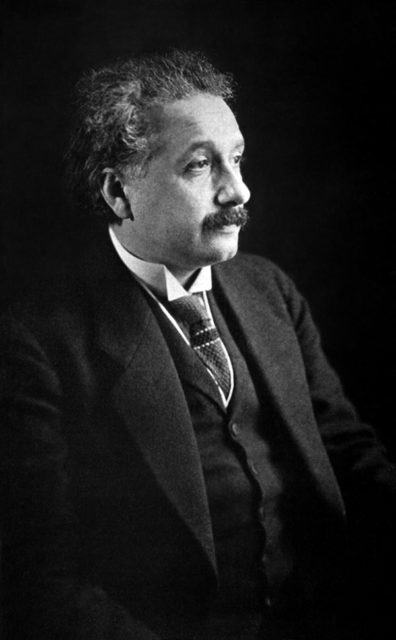
Einstein’s involvement in politics and social causes had early beginnings. In 1919, after Einstein’s theory of relativity was confirmed, he became a well-known celebrity almost overnight.
Rather than restricting himself to only talking about science when he was interviewed, he also aired his political views.
However, The Smithsonian reports that, from the beginning, even his friends cautioned him against using his new celebrity to speak out, urging him to stop because he didn’t know what he was talking about.
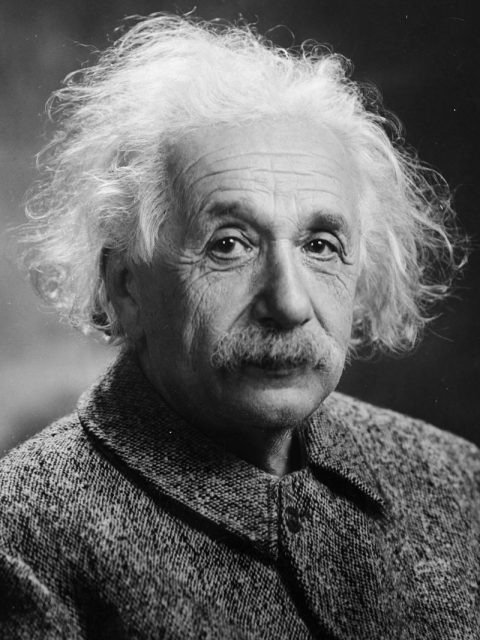
Einstein was a pacifist at heart and championed many different causes. Before Hitler came to power, the physicist denounced compulsory military service in Europe as well as cautioning against anti-Semitism and the ideals of the Nazi party.
He spoke out about the racism he observed on trips to the United States and protested injustices such as the Scottsboro Boys trial, where nine black teenagers were falsely accused of raping a white woman, and eight of them were sentenced to death.
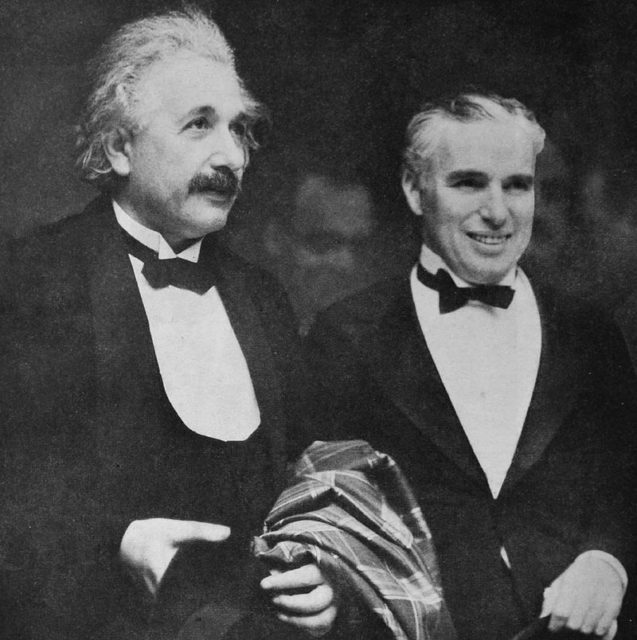
When Hitler came to power in January of 1933, Einstein was in the United States, safe from the repercussions of being Jewish in Germany at the time, having accepted a job in California just the previous month. As it had become clearer that the Nazi party was rapidly rising to power, Einstein’s views had evolved.
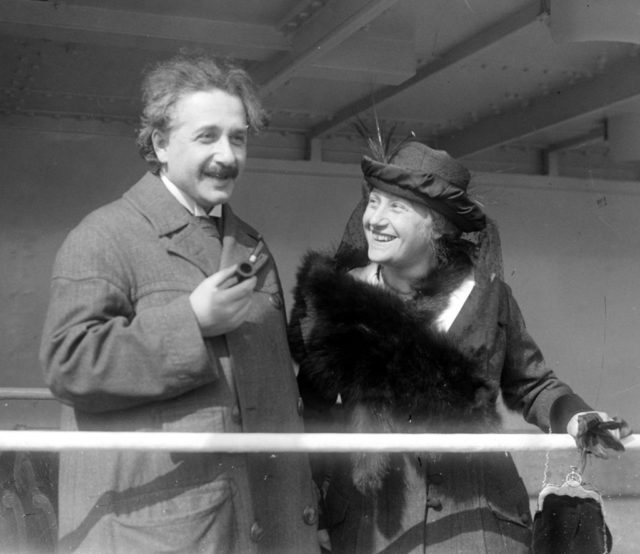
According to The Atlantic, he came to realize that pacifism was no longer an option and the most important issue facing Europe was how to defeat Hitler, no matter the means. His outspokenness and outright criticism angered the German government, who then attacked both his science and the fact that he was Jewish.
This didn’t dampen Einstein’s fervor for speaking out against Hitler and the atrocities his government was committing. In 1939 and 1940, he even wrote to President Roosevelt, urging him to support the atomic bomb project despite the fact that Einstein was not a part of it.
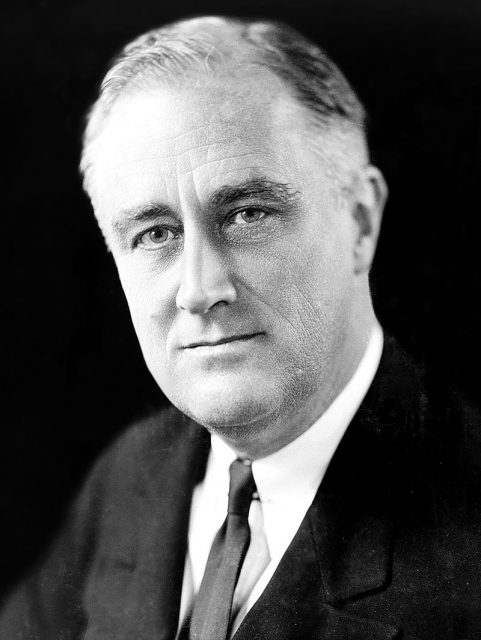
The scientist felt that the US needed to be able to counter Germany if they were also able to develop one.
He is said, however, to have reacted with great sadness when he learned of the atomic bomb that had been dropped on Hiroshima.
The job Einstein had originally held in California when he first arrived permanently in the US was only a temporary position, but he eventually found a job at the Institute for Advanced Study in Princeton, NJ, where he worked until his death in 1955.
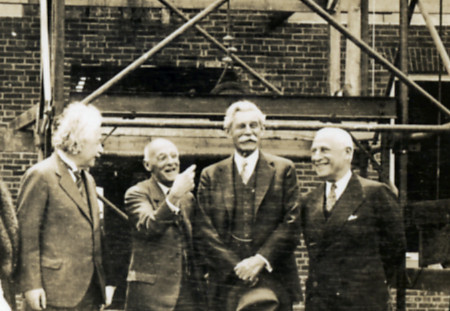
Einstein, Flexner, John R. Hardin, and Herbert Maass at the laying of the Fuld Hall cornerstone, at the Institute for Advanced Study on May 22, 1939. Photo by Unknown photographer – Shelby White and Leon Levy Archives Center, Institute for Advanced Study, Princeton, NJ, USA
In Princeton at the time when Einstein moved there, churches, schools, and neighborhoods were strictly segregated.
However, he frequently visited black neighborhoods, befriending black children with candy and speaking with their parents while he went on regular walks.
Eventually, Einstein joined the American civil rights movement thanks to the connections he’d originally made during his walks in Princeton.
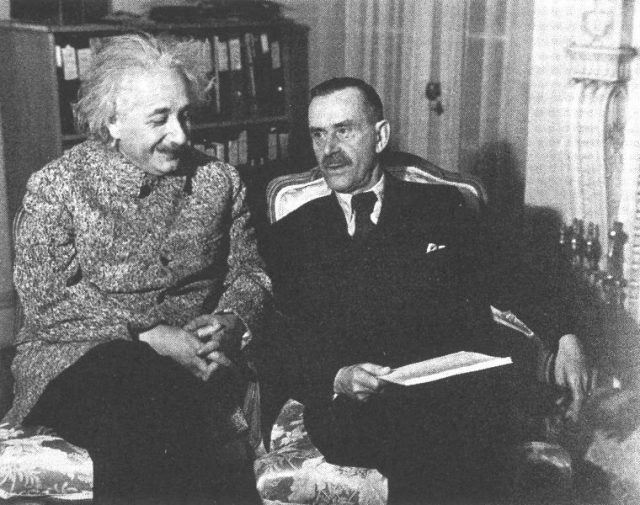
He was so influential that an entire case against W.E.B. Du Bois was dropped when the judge heard that Einstein was coming to his defense.
According to National Geographic, this particular strain of his activism caused the FBI to compile a 1,427 page file on him.
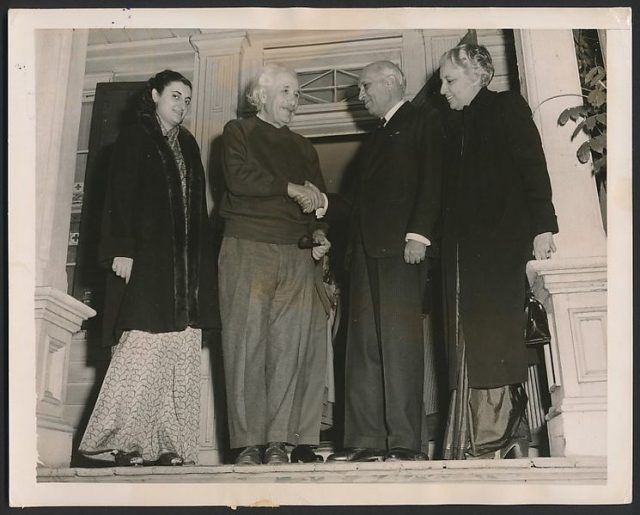
Einstein was also a significant person when it came to the creation of the State of Israel. The Guardian recounts how Israel asked Einstein’s help in convincing India to support Israel’s statehood. One Israeli statistician at the time jokingly told Time magazine: “He might even be able to work out the mathematics of our economy and make sense out of it.”
Although Einstein was unsuccessful, he corresponded with, and received a considered reply from, India’s prime minister at the time, Jawaharlal Nehru.
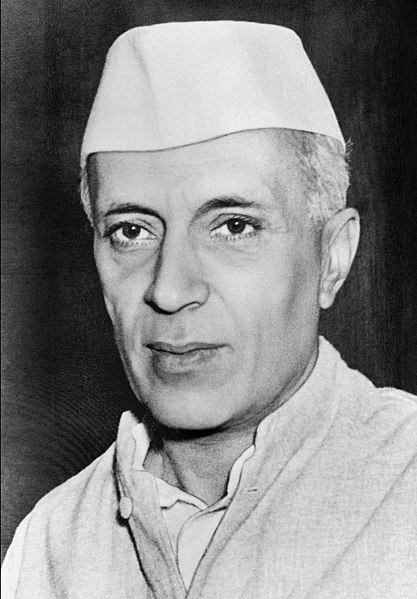
Israel did receive its statehood, and later, when the first president died in 1952, the Israeli Ambassador to the United States approached Einstein, asking if he’d be willing to serve as the president’s successor. Despite his long career of activism as a champion for social justice, Einstein declined.
https://www.youtube.com/watch?v=D4vblL1Q1gA
Einstein was quoted as saying in response to the offer: “I am deeply moved by the offer from our State of Israel, and at once saddened and ashamed that I cannot accept it.”
Read another story from us: The Stolen Brain of Albert Einstein
Einstein’s political activism throughout his life allowed him to use his fame for good and to champion causes he truly believed in. However, he seems to also have known his limitations, turning down a position when he felt he was not the right person for the job despite being unquestionably great at other things.
